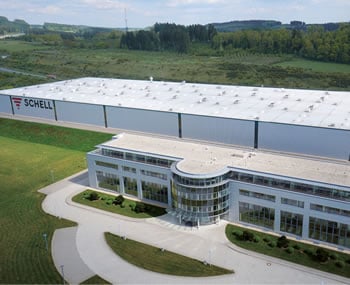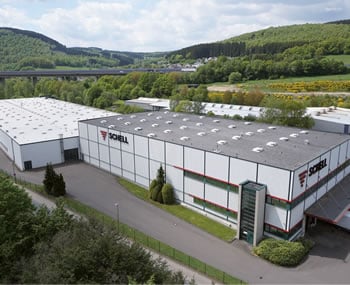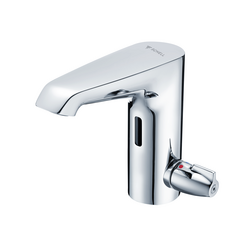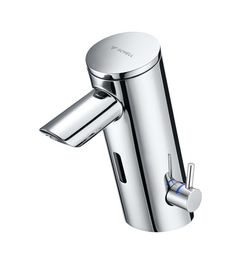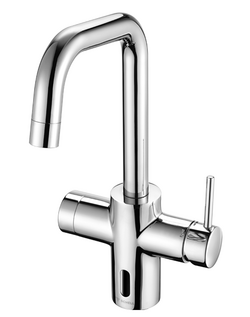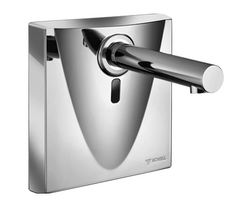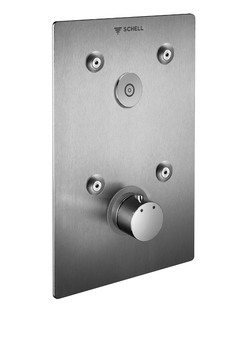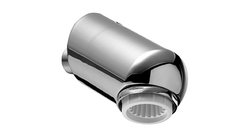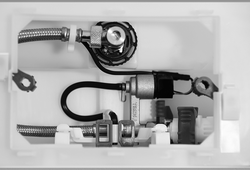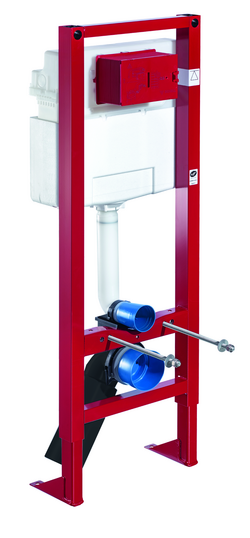Planning and operating school WCs and sanitary facilities
Many pupils try to avoid using the toilet facilities at school – and for good reason. Broken fittings and unhygienic conditions are typical in many schools. A recent survey from the German Children’s Fund reveals that only 44% of pupils are satisfied with the state of the facilities at school – and the figure is even lower in some parts of Germany. Yet building new sanitary facilities or renovating existing facilities is challenging: alongside a tight budget and timeframe, schools also have to consider hygiene, protection against vandalism, accessibility and sustainability. To offer long-lasting facilities that are pleasant to use, high-quality, well-designed sanitary equipment is therefore essential.
Requirements for sanitary equipment in schools
Renovation or new build? Factors to consider
SCHELL solutions for any school sanitary facility
Maintaining drinking water quality in schools
Case studies
What’s important: key requirements for sanitary equipment in schools
School sanitary facilities see very heavy use, so the requirements for planning, fit-out and operation are especially demanding. Alongside hygiene and functionality, facility design also plays an important role here. Key requirements are presented below.
Our Top 6 general requirements for school facilities
- Protection against vandalism: School toilets tend to be targeted by vandalism more often – and damaged fittings are a common occurrence.
- Drinking water hygiene: Schools regularly experience long periods of downtime (holidays, weekends) in which drinking water can stagnate in the piping – which in turn can promote the spread of Legionella.
- Easy to clean and low-maintenance: Thorough cleaning must be quick and simple to achieve: this ensures high standards of hygiene over the long term.
- Environmental awareness: As high rates of water consumption and water wastage eat into budgets and harm the environment, sustainable solutions are now increasingly important.
- Accessibility: Pupils with reduced mobility must also be provided with suitable sanitary facilities. Steps must also be taken to ensure effective protection against scald and burn injuries.
- Atmosphere: Bright, friendly and functional WCs and washrooms promote well-being and respectful use of the facilities.
Specific requirements
WC facilities: Toilets, urinals and operating panels in schools need to be both hygienic and resistant to vandalism.
Wash basin taps: Self-closing taps or sensor-controlled models are often used in schools with the aim of reducing the unnecessary consumption of water. This saves resources while also improving both safety and user hygiene.
Classrooms: Hand wash basins with a single tap – typically only cold water – can often be found in classrooms. These sinks are used for general hand hygiene, such as washing hands after using chalk.
Kitchens: Kitchens used for home economics lessons must have taps that are both user-friendly and safe. School canteen kitchens need an especially hygienic and robust fit-out that is suitable for continuous use.
Showers: The showers provided next to changing rooms in school sports centres normally feature shower heads with an automatic water stop. This prevents situations where the water is left running – even deliberately. Drinking water hygiene is also especially important in shower facilities. If the drinking water installation becomes contaminated with Legionella because of a lack of (frequent) use, these bacteria can be spread – and potentially inhaled – with the aerosols created during showering, which creates a serious health hazard for school pupils and athletes.
More about the requirements for sanitary equipment in sports centres.
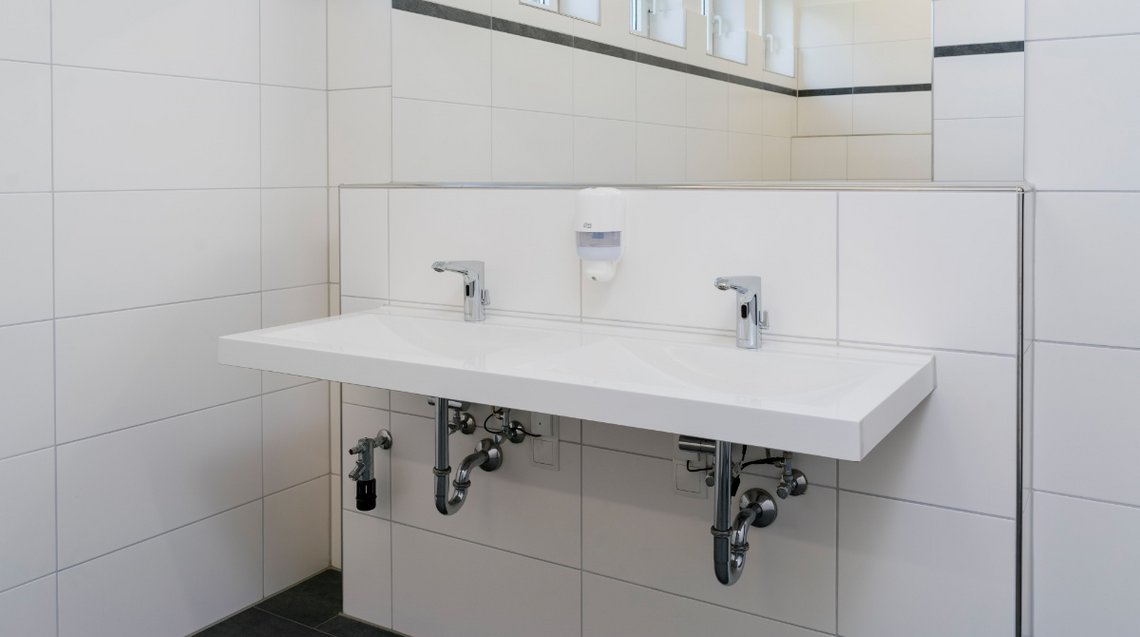
WC facilities in Gemeindezentrum Dorfschule Ginderich e.V. Wesel
Renovation or new build? Factors to consider
Whether old facilities are being modernised or new sanitary facilities are planned, the goal is always to achieve a safe, hygienic and functional installation. Clear requirements apply here for both planning and operations.
User safety: anti-scalding and burn protection
To protect pupils’ health, the sanitary equipment installed must offer reliable protection against scald injuries and burns. Technical codes require specific action to be taken here. DVGW W 551 states that draw-off taps with individual locks must be used and with anti-scalding protection provided as necessary. DIN 806-2 recommends the use of thermostatic mixing valves with a maximum temperature of 43 °C for schools. Steps should also be taken to eliminate the risk of burns from excessively hot surfaces.
Drinking water hygiene: regular flushing
A basic requirement for maintaining drinking water quality – keep the water flowing! Although school sanitary facilities experience heavy use during school hours, they are often used infrequently – if at all – at weekends or during the holidays. As a result, the water stagnates in the drinking water installation piping for long periods, and this favours the growth of harmful Legionella bacteria. As a preventive measure, Part 1 of the German VDI 6023 technical code requires a full exchange of water across all tapping points at least every 72 hours. Building operators are required by law to ensure specified normal operation and keep full records of the same.
Tip: Part 6 of VDI 6000, ‘Sanitary engineering - Sanitary facilities - Fundamental requirements’ offers planners and architects an overview of the key factors to keep in mind for planning, as well as the requirements for sanitary facility fit-outs in kindergartens, children’s daycare facilities and schools.
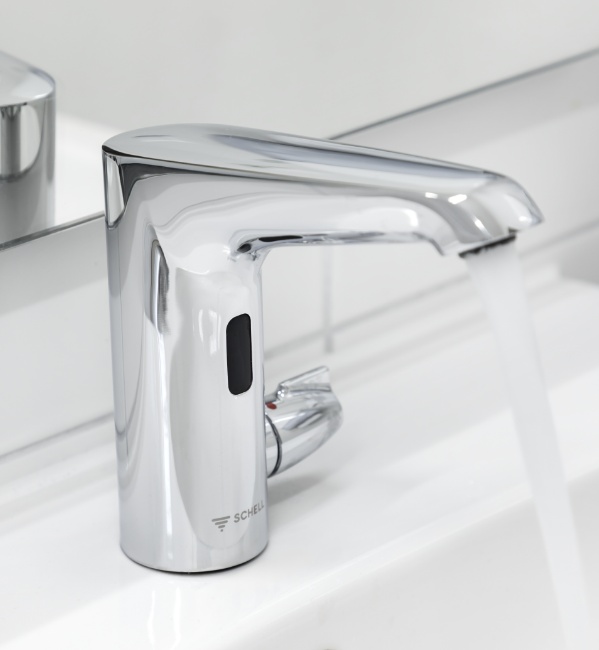
Wash basins
Contactless wash basin faucets, such as the XERIS E², CELIS E² and PURIS E² models from SCHELL, help to significantly improve hygiene. Thanks to the high-precision sensor on the faucets, the flow of water can be triggered easily without contact, which significantly reduces the risk of contact infections. Once the hands move out of detection range, the flow of water stops automatically. In comparison with regular, single-lever mixers, this can cut water consumption by up to 70% while significantly reducing the energy required for hot water heating. Other benefits of these models include their timeless design and a robust, easy-to-clean all-metal housing.
Showers
The shower panels in the LINUS series from SCHELL are ideally suited to use in schools. Thanks to their sturdy housing, the panels are vandal-resistant, and their pivoting front panel makes them especially easy to maintain and repair. The shower panels are available with a single-lever mixer, self-closing cartridge or CVD touch electronics. Some variants are also available with reliable anti-scalding protection provided by the innovative ThermoProtect technology.
School WCs
The cistern modules in SCHELL’s MONTUS series are especially suitable for use in school toilet facilities. MONTUS Flow and MONTUS Flow H, which is designed for accessible sanitary facilities, can be combined with any SCHELL MONTUS operating panel – such as the MONTUS FIELD H, with its contactless operating panel triggered by an infrared sensor. This ensures both straightforward and hygienic use of the fitting. At the same time, these robust modules offer effective protection against vandalism and can also be networked with the SWS Water Management System for automated stagnation flushes to maintain drinking water quality.
Kitchens
The GRANDIS E from SCHELL is a hybrid kitchen tap that combines the best of both worlds: while the single-lever mixer allows the tap to be used manually as normal, the integrated short-range reflex sensor also allows contactless operation with the pre-configured water temperature. This is what makes the GRANDIS E so hygienic and convenient.
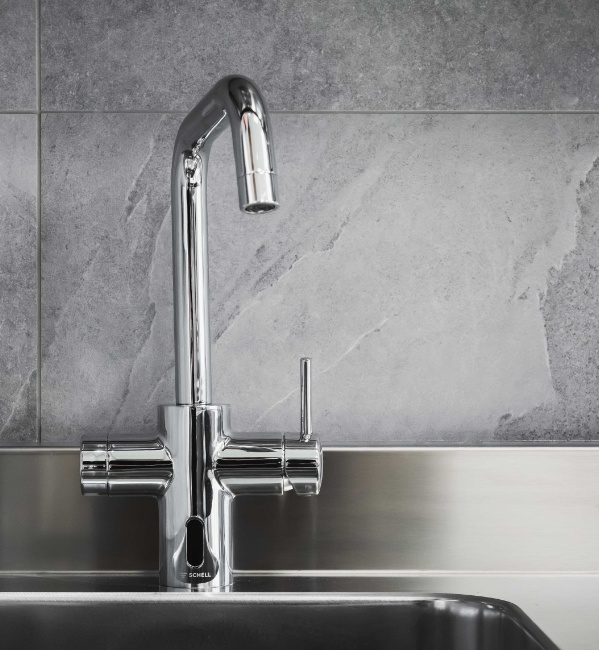
Utility rooms
The WALIS E wash basin tap from SCHELL is the perfect solution for use on small utility sinks that tend to be used only occasionally for cleaning work. This fitting is an ideal choice for the cold water and mixed water tapping points that are often found in rarely used basement or storage areas. The WALIS E needs no additional supply lines or odour traps and therefore takes up very little space.
Notice: Electronic contactless fittings from SCHELL can perform stagnation flushes automatically. These fittings can also be networked with the SWS Water Management System for a more comprehensive, user-friendly and efficient approach to water management.
Improving drinking water quality in schools with the SWS Water Management System
To maintain drinking water hygiene in larger buildings with many tapping points – such as schools – the use of a water management system is recommended. The SCHELL SWS Water Management System can connect to any electronic fitting via a wireless or wired network. Once integrated, SWS enables the automated, time-/temperature-controlled execution of stagnation flushes – which is ideal for preventing high concentrations of Legionella. Stagnation flushes executed by SWS are also significantly more resource-friendly and efficient than manual flushing, as less water is used and no additional personnel resources need to be deployed.
Practical: the SMART.SWS cloud solution gives building owners and facility managers global remote access to the SWS systems in their properties, including all of the fittings and sensors. Users gain online, round-the-clock access to all relevant operating data, plus control of fitting parameters and stagnation flushes. This cuts personnel costs while ensuring that local service callouts can be planned predictively and more efficiently.
SCHELL goes back to school: case studies
New-build or renovation projects for sanitary facilities on school premises are challenging: hygiene, protection against vandalism and sustainability are decisive factors here – as are rapid and cost-effective completion. This high-quality sanitary equipment is a worthwhile investment, however: not only in pupil health but also in the environment and the future of our educational institutions.
For some practical examples of renovations and fit-outs for school WCs and sanitary facilities, take a look at our case studies below:
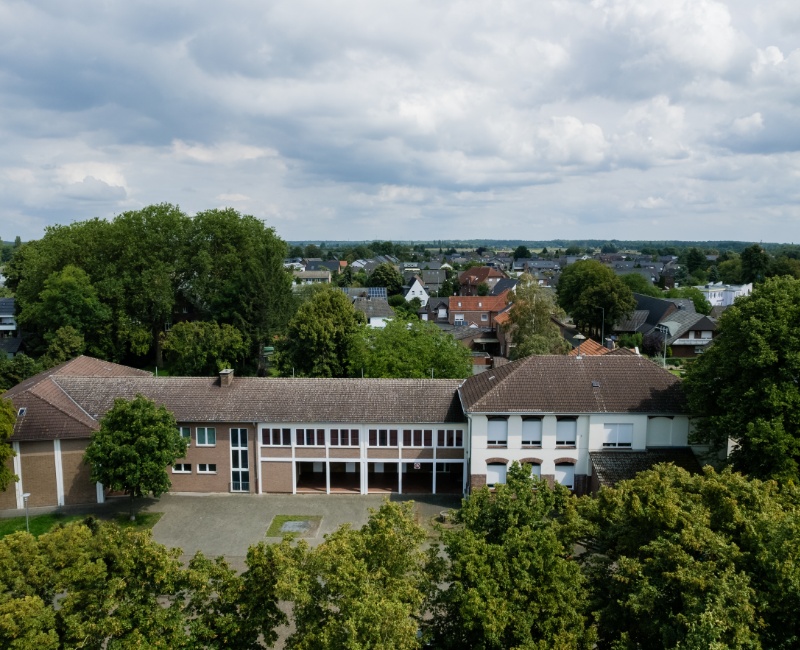
Theodor-Heuss Primary School, Wesel-Bislich, Germany
Project data
Property type: Primary school
Requirements: Renovations
Completion: 2020
Location: Wesel-Bislich
Country: Germany
SCHELL products: SCHELL SWS Water Management System, XERIS E HD-K electronic wash basin tap, LINUS Basic D-C-T concealed shower, concealed masterbox, reduced-aerosol shower head
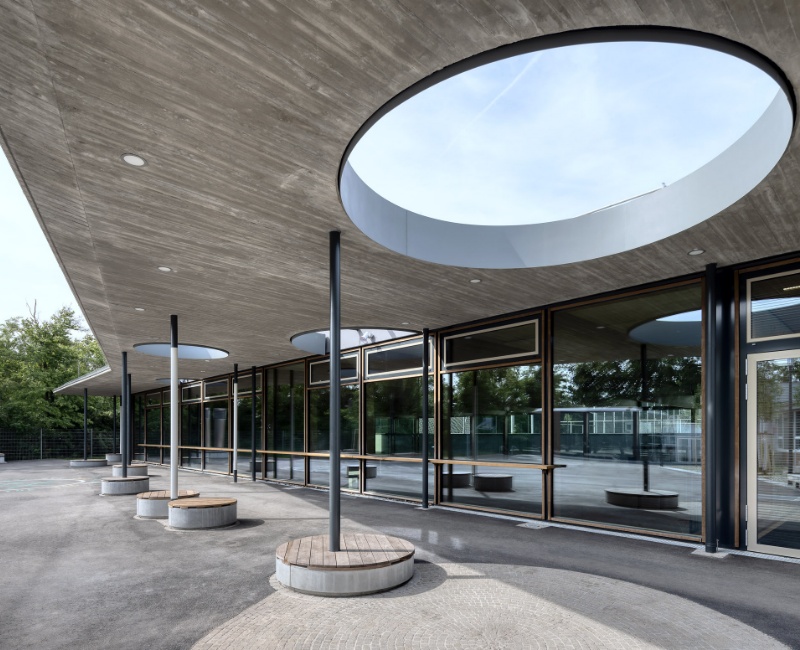
Mühlbachhof Primary School – Stuttgart
Project data
Property type: Primary school with gymnasium
Requirements: New building, conversion work
Completion: October 2022
Location: Stuttgart
Country: Germany
SCHELL products: SCHELL SWS Water Management System, LINUS D-C-T concealed shower, COMFORT Flex shower head, WBD-E-T concealed masterbox, SWS thermal disinfection solenoid valve
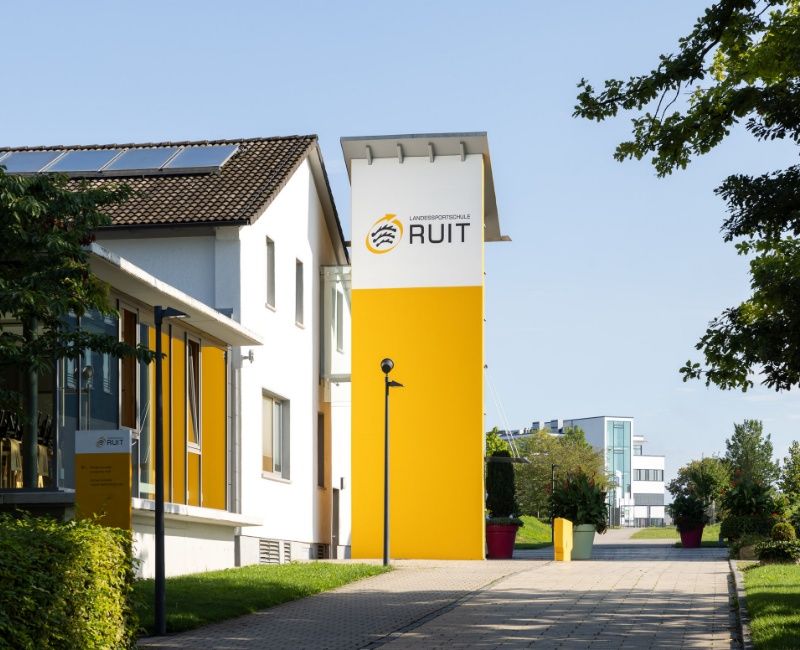
Landessportschule Ruit, Ostfildern
Project data
Property type: State‑run sports school
Requirements: Renovations (swimming baths) and new-build project (sports centre)
Completion: 2021 (swimming baths), 2023 (sports centre)
Location: Ostfildern (Stuttgart)
Country: Germany
SCHELL products: SCHELL SWS Water Management System, LINUS DP-C-T shower panel, LINUS Inox DP-C-T shower panel

![[Translate to English:] [Translate to English:]](/fileadmin/_processed_/1/b/csm_symstemloesungen_e2_thumb_6bca267f26.jpg)
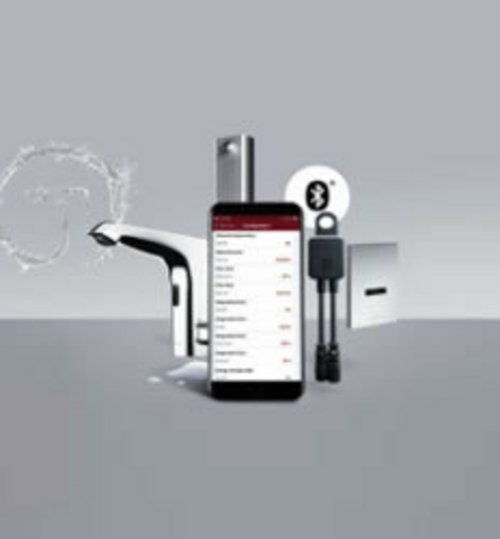
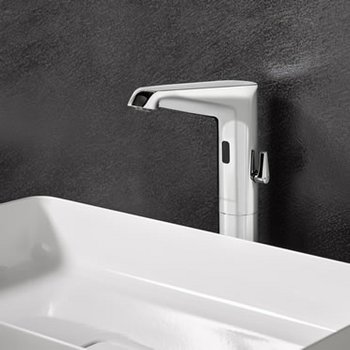
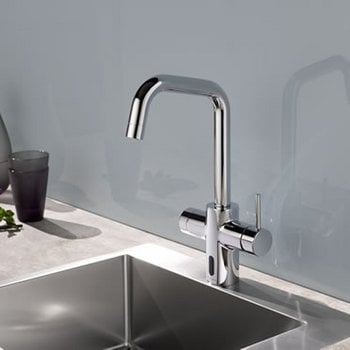
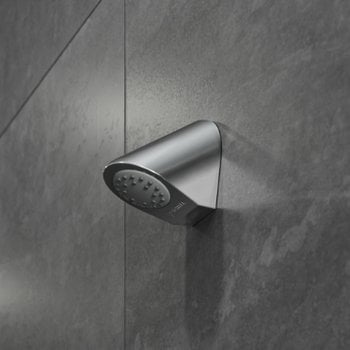
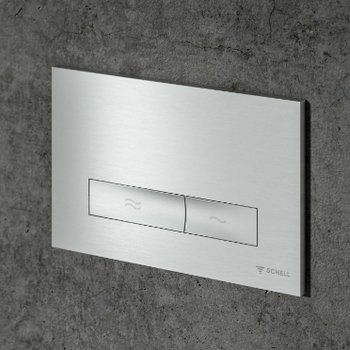
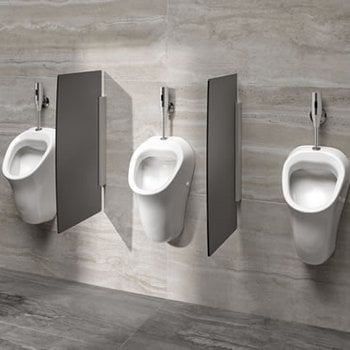
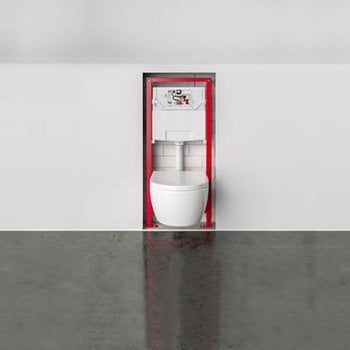
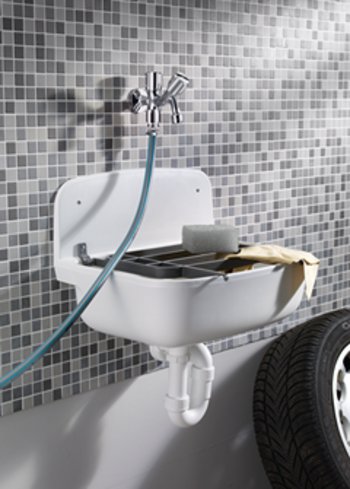
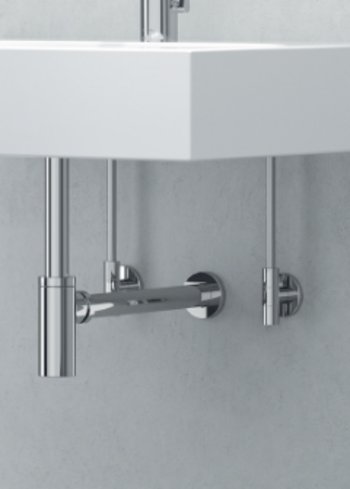
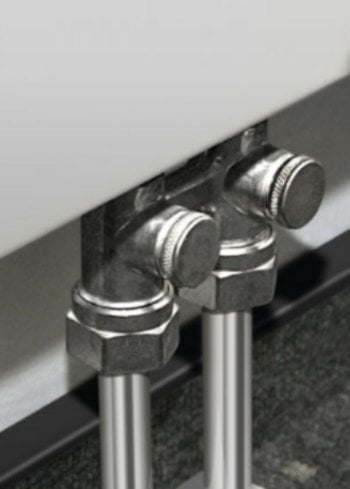
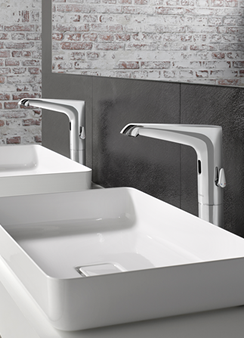
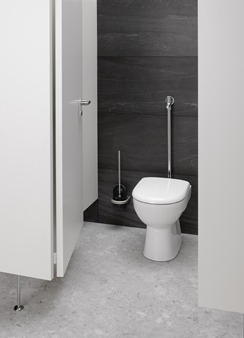
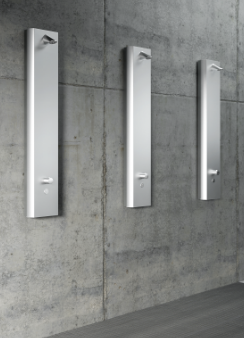

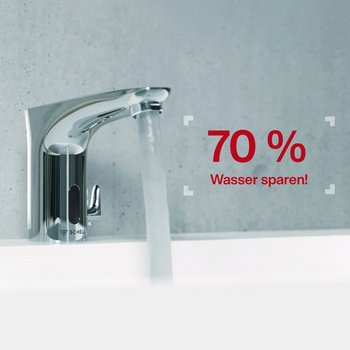
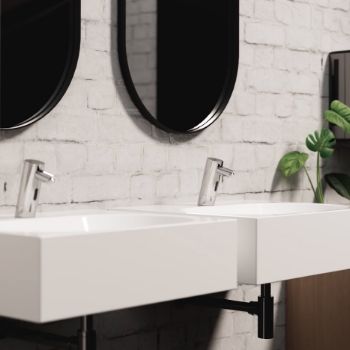

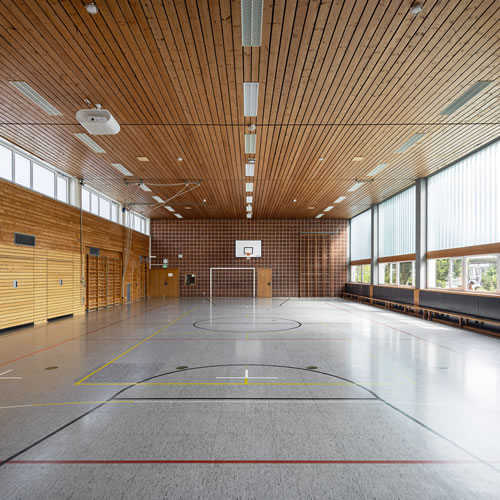
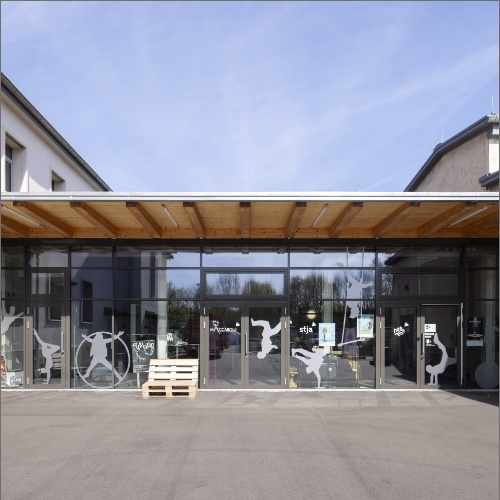
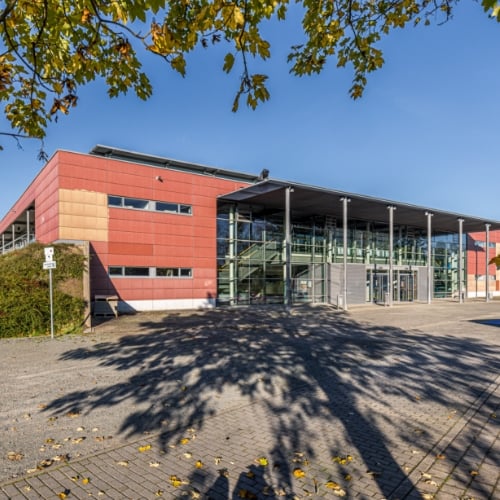
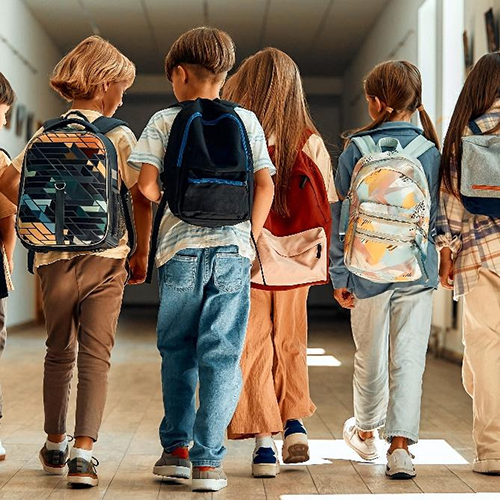

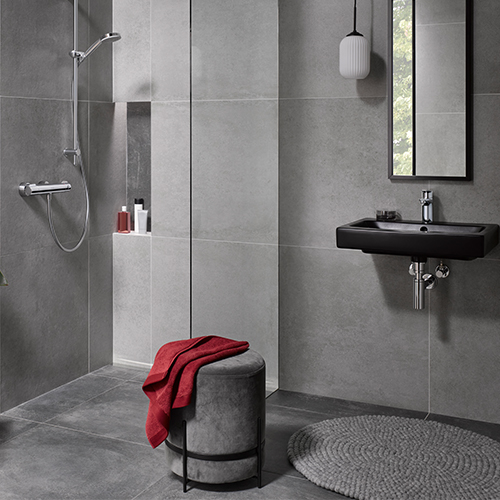
![[Translate to English:] [Translate to English:]](/fileadmin/user_upload/images/menu/menu_service_downloads_broschueren.jpg)
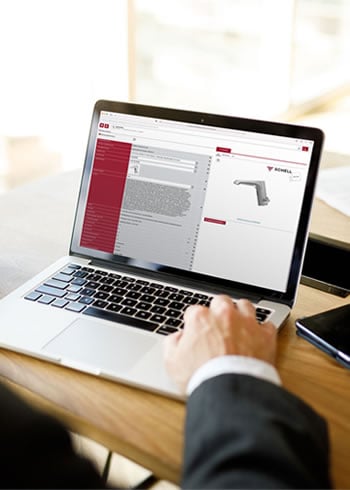



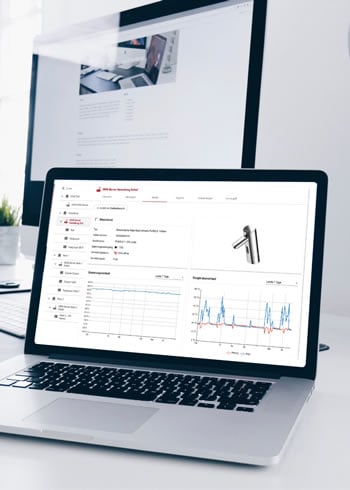

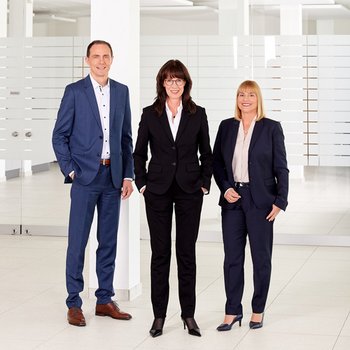
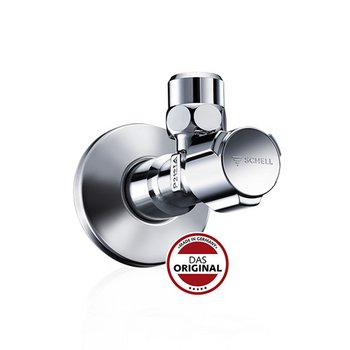
![[Translate to English:] [Translate to English:]](/fileadmin/_processed_/7/7/csm_menu_unternehmen_ueber-schell_awards_f6cec25b1d.jpg)
![[Translate to English:] [Translate to English:]](/fileadmin/_processed_/a/0/csm_menu_unternehmen_ueber-schell_wasser-sparen_41036d2dd9.jpg)


